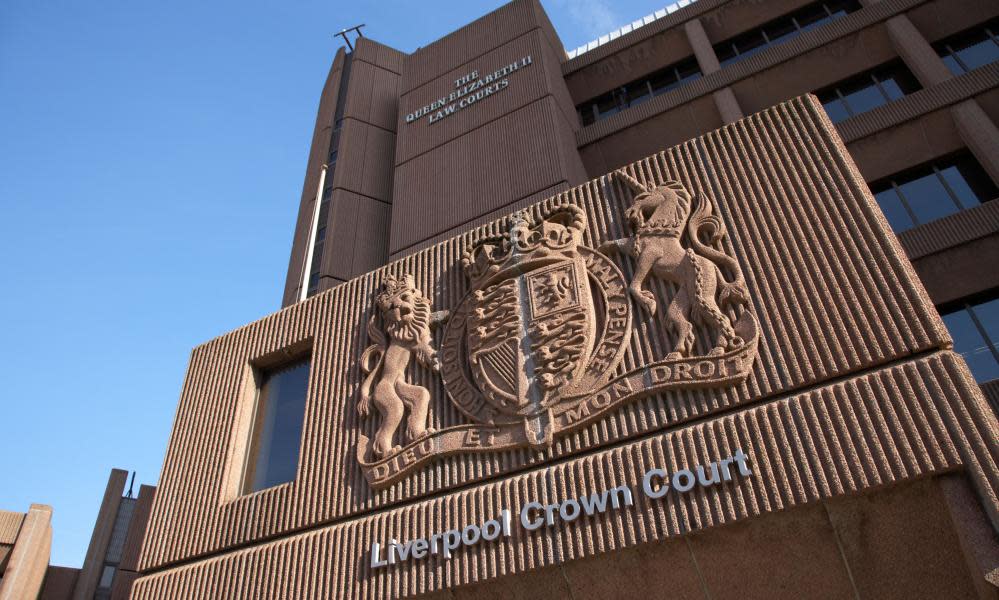The Guardian view on crime and justice: dangerous neglect

“If you’ve got nothing to do, and you’re just watching telly and sleeping all day, it just ruins you,” is how one teenager described prison during the pandemic. Six months after emergency measures were introduced, evidence of serious problems across the justice system is mounting. Unquestionably, the severity of the situation facing courts and prisons now is the combined effect of the pandemic and a decade of cuts. Since 2010, the Ministry of Justice’s budget has shrunk by 40%. The inspectorate that monitors the Crown Prosecution Service warned in the summer that the growing backlog could take a decade to clear. In the crown court in England and Wales, it stood at 37,000 cases even before lockdown.
Warnings of “disturbing consequences” from the stoppage of face-to-face visits in children’s prisons, contained in a new report, are extremely worrying. Society simply cannot afford for the already poor prospects of this group of young people, a disproportionate number of whom come from black and ethnic-minority backgrounds, to get any worse. Yet this is the effect that disrupting their contact with relatives, and restricting learning time, is likely to have. At one young offender institution, Cookham Wood in Kent, inspectors found children allowed out of their cells for just 40 minutes a day.
Also concerning is the situation exposed by Keith Raynor, the crown court judge who spoke out against the practice of extending custody limits, allowing people to be locked up for longer before they are brought to trial. Earlier this month he complained that he had come under “improper and undue influence”, after he was replaced on a case by a more senior judge.
Perhaps Judge Raynor was being unusually outspoken. But he is far from alone in his view that the system faces unacceptable delays. Having closed half the magistrates’ courts in England and Wales to save money, the government has been forced to rent spaces for temporary “Nightingale” courts, including the Lowry theatre in Salford. Family courts too are under strain, with judges and others concerned about the impact of remote hearings when, due to legal aid cuts, most litigants have no legal representation. For some children, recent months have been especially painful: visits to parents in prison were stopped, as was contact with birth families for those in care.
One problem, as campaigners have often noted, is that, to many people, courts, unlike schools or hospitals, appear remote: a sphere of life in which they have no stake (except perhaps for a few days serving on a jury). The truth is that a weakened justice system affects us all indirectly. Victims of crime as well as perpetrators (and defendants who will be found not guilty) suffer when trials are delayed. Lives placed on hold, or wasted in prisons that are unable to carry out meaningful rehabilitation, cause damage that ripples out from individuals to families and communities. Instead of fuelling outrage about crime with announcements about new rules and longer sentences, ministers should concentrate on essential repairs.

 Yahoo News
Yahoo News 
